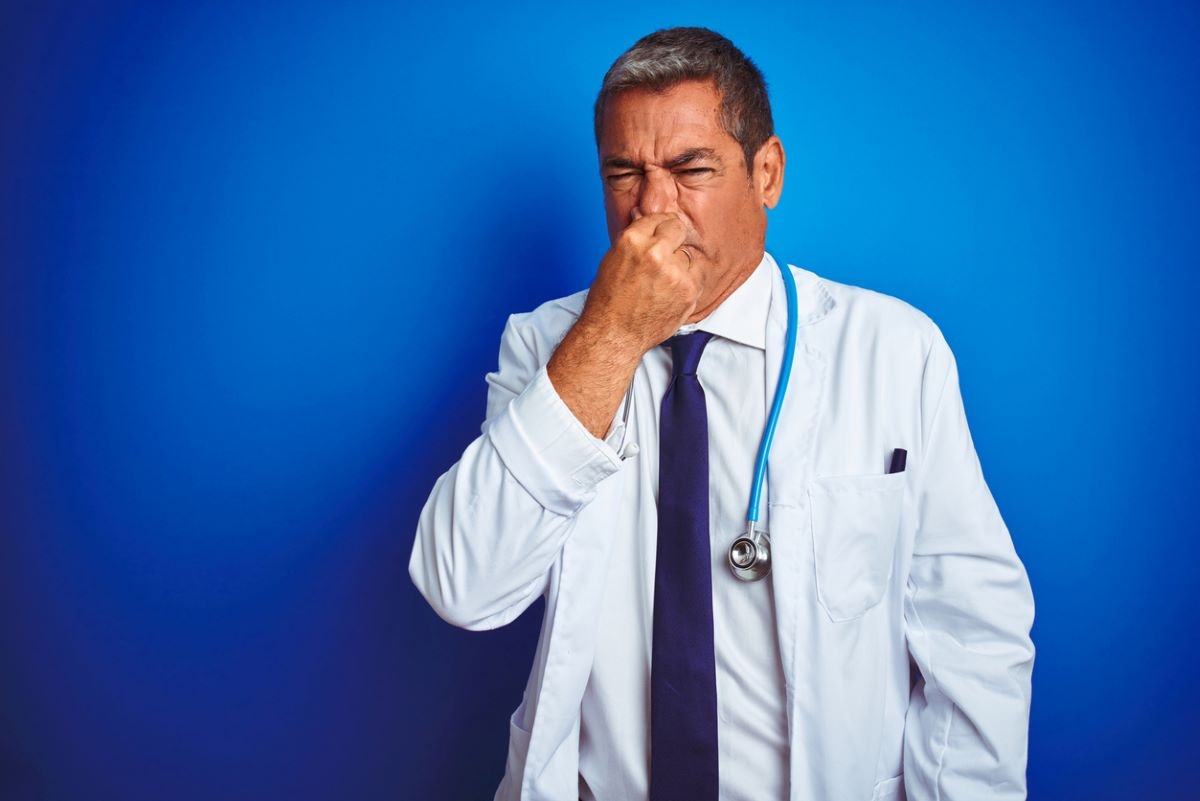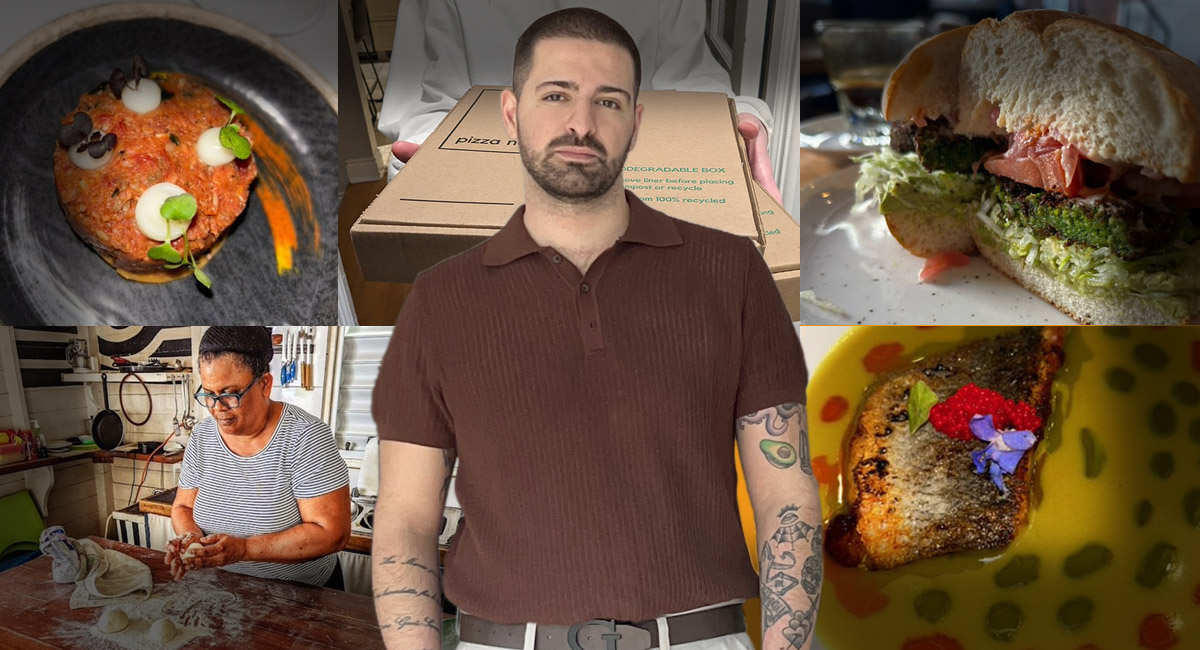
While healthcare advances, PWD’s are left behind
Most of us have been to a Hospital at one point or another. I’m willing to bet that at least some of you have had bad experiences while being in a hospital or being seen by a health care professional.
Now, what happens if you’re a person with a disability.
This week, I’ll be discussing some of my experiences with the health care system, and how people with disabilities are mistreated and how ill-equipped it is to understand the needs of people with disabilities.
In general, I’m a very healthy person, especially considering I use a ventilator 24/7. Over the years, I’ve had many medical appointments, both at clinics and hospitals. Thankfully, most of them were check-ups, but also a few visits to the ER.
One common thread that I’ve noticed is that most doctors and nurses have no idea what to do with me, and many have refused even to see me. When you’re already nervous, scared, and sick, their lack of professionalism can quickly turn into a traumatic event for you.
In one of my trips to the ER, I arrived by Para Transpo, which means I was in my wheelchair. With me was one of my PSW and my partner at the time. I rolled in and did the usual sign-in process. Once that was done, things became almost chaotic.
The next step was to transfer me onto an ER bed.
Whenever I get into my wheelchair or out, I require a transfer lift machine to do that. Some are portable and attached to a ceiling track. When I’m in my wheelchair, there’s a mesh sling that I sit on. The sling has straps & hoops on it. When I go to bed or my chair, the sling is hooked up to the lift, picks me up, and the other person positions me into my bed, chair, etc. Once I’m situated in bed or chair, the sling’s unhooked. If it’s easier for you, just picture the claw from the claw game where you’re trying to guide the claw for it to grab a prize.
It’s the same idea and sometimes just as fun too.
Back to my ER story.
After I signed in, the hospital staff had to find a portable lift. There SHOULD always be one, or even a few in the ER, but that’s rarely the case. Eventually, they find a lift, and I’m transferred to a bed.
A few minutes later, the doctor comes in, and we talk. It’s important to note that we spoke, and he seemed to understand me. I won’t go into details about why I was there, but it had to with my breathing.
After I was discharged, I was sitting in the hospital lobby waiting for my ride home. My partner at the time showed me the hospital report, and what the doctor wrote.
Among other things, the doctor wrote:
— Patient is bedridden.
— Unable to communicate.
— The “R” word.
For obvious reasons, I’m not going to say what “R” word he wrote, but he didn’t mean Ryan. Needless to say, it’s a very derogatory term, especially to people with disabilities.
Just to close this story up. A few phone calls were made in an attempt to report it, but nothing came of it. I take part of the blame because other things in general happened. If something similar happens, I strongly urge you to speak up and report it.
The issue of not having enough lifts is, especially in clinics, and offices. I once had an appointment at an eye doctor. They wanted me to sit in their chair, but I wasn’t able to due to them not having a lift. I was referred to another eye doctor. This doctor was even worse. After I signed in and got a room, the doctor ignored me, and actually refused to see me.
By that point, I had been there for three hours.
There are TONS of stories like this. By now, we’ve also heard many horrifying stories regarding long-term care homes. Issues such as COVID outbreaks, and LTC residents being ignored.
Sadly, a similar issue also happens in the LTGBQ+ community as well as others.
I’ve heard of doctors and nurses being homophobic, transphobic, and using racial slurs.
What can be done about this?
For starters, all medical centres, clinics need to be wheelchair accessible, which includes making portable lifts mandatory. Also, more needs to be done to better educate all health care workers on how to deal with people with various disabilities.
As our population ages, the need for services for PWD will increase. In most cases, even a healthy able-bodied elderly person will require some type of mobility device.
Almost all of my ideas involve the government putting more money into healthcare, and many of you know how well that’s going.
There is one thing that we can all do, especially those working in healthcare.
Be kind, caring, compassionate, respectful, and listen to us.
I know that I just listed five things, but they all fall under the same umbrella.
When a person walks or rolls into a medical establishment, don’t ignore us, or suddenly scatter when you see us.
You’re there to help us feel better. Please do your job, and treat us like you would anyone else.
Photo:iStock









